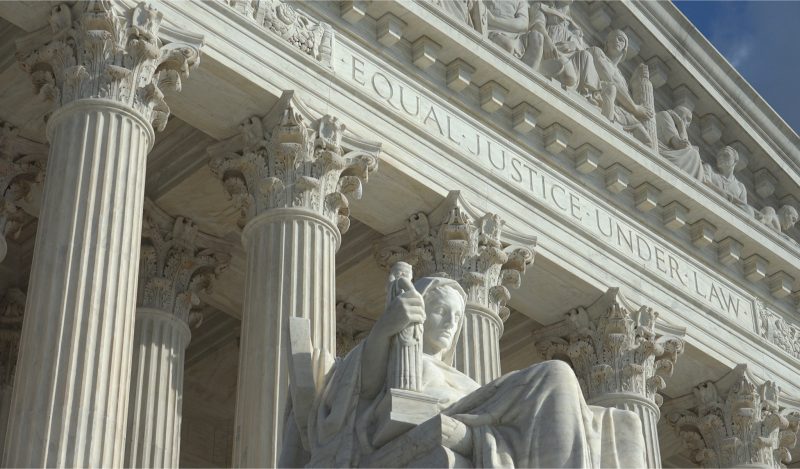On January 10, 2022, businesses across America with more than 100 employees were in compliance with OSHA by demanding their workers get vaccinated or submit to unrelenting testing that is mostly unavailable at the time of this writing. Workers across the country have been fired from their jobs for not submitting.
While waiting for the courts to come up with a definitive decision, HR departments around the country have imposed the mandate.
Three days following the imposition of the edict, the Supreme Court has finally issued its opinion. In a 6-3 decision, the Court has struck down the mandate. The PDF is embedded below.
While the court struck down the broad mandate, in a separate opinion decided on a 5-4 vote, it has kept a federal regulation pertaining to federally funded health-care facilities. The dissenting opinions in this case had even stronger language.
Here are some quotes from the main opinion on OSHA:
Permitting OSHA to regulate the hazards of daily life—simply because most Americans have jobs and face those same risks while on the clock—would significantly expand OSHA’s regulatory authority without clear congressional authorization….
It is telling that OSHA, in its half century of existence, has never before adopted a broad public health regulation of this kind—addressing a threat that is untethered, in any causal sense, from the workplace….
We are told by the States and the employers that OSHA’s mandate will force them to incur billions of dollars in unrecoverable compliance costs and will cause hundreds of thousands of employees to leave their jobs….
Although Congress has indisputably given OSHA the power to regulate occupational dangers, it has not given that agency the power to regulate public health more broadly. Requiring the vaccination of 84 million Americans, selected simply because they work for employers with more than 100 employees….
Justice Gorsuch wrote a concurring opinion with tougher language, and Justices Thomas and Alito joined in signing:
supremecourtOSHAYet that is precisely what the agency seeks to do now—regulate not just what happens inside the workplace but induce individuals to undertake a medical procedure that affects their lives outside the workplace. Historically, such matters have been regulated at the state level by authorities who enjoy broader and more general governmental powers. Meanwhile, at the federal level, OSHA arguably is not even the agency most associated with public health regulation.…
On the one hand, OSHA claims the power to issue a nationwide mandate on a major question but cannot trace its authority to do so to any clear congressional mandate. On the other hand, if the statutory subsection the agency cites really did endow OSHA with the power it asserts, that law would likely constitute an unconstitutional delegation of legislative authority. Under OSHA’s reading, the law would afford it almost unlimited discretion…
We do not impugn the intentions behind the agency’s mandate. Instead, we only discharge our duty to enforce the law’s demands when it comes to the question who may govern the lives of 84 million Americans. Respecting those demands may be trying in times of stress. But if this Court were to abide them only in more tranquil conditions, declarations of emergencies would never end and the liberties our Constitution’s separation of powers seeks to preserve would amount to little.
Published under a Creative Commons Attribution 4.0 International License
For reprints, please set the canonical link back to the original Brownstone Institute Article and Author.









